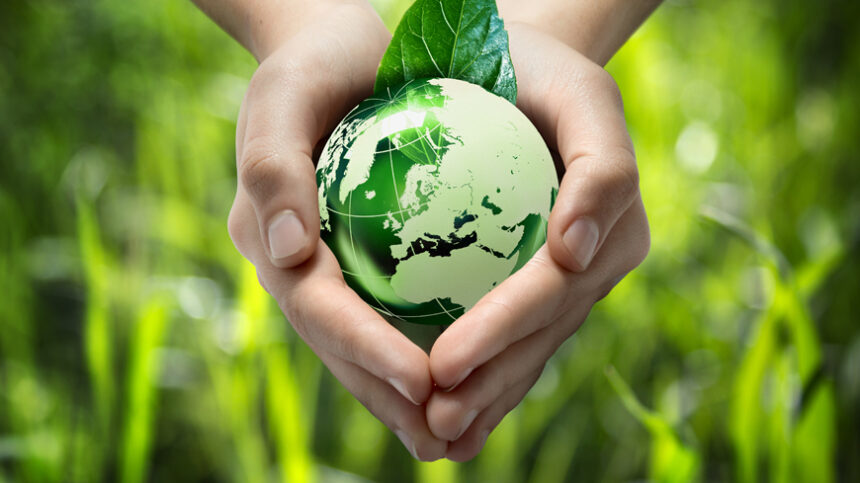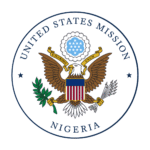By Peter Quaqua
Across Africa, communities are facing a growing storm – climate shocks, land degradation, toxic pollution, and unchecked resource exploitation are threatening lives and livelihoods.
Yet in the face of these mounting crises, hope is rising in the form of a bold and collective vision: a legally binding regional agreement to protect the environmental rights of African people.
At the forefront of this movement is the Environmental Rights Africa, ERA coalition – a vibrant, continent-wide alliance of grassroots defenders, lawyers, policy advocates, and community leaders working together to ensure that environmental justice is not just an idea, but a lived reality.
Where It All Began: From the Forests to the Frontlines
The story of the ERA coalition didn’t begin in air-conditioned boardrooms or conference halls; it started in the forests of Central Africa, in the mining towns of West Africa, and in the courtrooms across the region where defenders have stood alone against powerful interests.
It’s rooted in the lived struggles of people who refused to stay silent in the face of injustice. Launched in March 2021, ERA was born out of urgency and courage.
What started as a volunteer-driven initiative quickly grew into a pan-African network of more than 55 organizations across 40 countries. Its coordination is spearheaded by Green Advocates International and the Mano River Union CSO Platform, with the backing of global allies like World Resources Institute, CIVICUS, ALLIED, and the American Bar Association’s Center for Human Rights.
The coalition’s goal is as ambitious as it is necessary: to craft and campaign for a Regional Environmental Rights Agreement for Africa, an African answer to Latin America’s Escazú Agreement and Europe’s Aarhus Convention. At its core are three powerful ideas: access to information, public participation in environmental decisions, and justice for those whose rights are violated.
Turning Evidence into Action
Even without early funding, ERA wasted no time. In 2021, it conducted a groundbreaking baseline study of environmental defenders in West Africa. The findings were alarming, communities were facing repression, civic space was shrinking and harmful industrial practices were going unchecked.
This led to case studies in Kenya, Ghana, the DRC, and South Africa, in 2022, to examine how they were upholding environmental rights. The conclusion of these studies, conducted in partnership with the WRI and the United National Environment Program (UNEP) was clear: national laws alone weren’t enough. A regional framework was urgently needed.
ERA took this message to the global stage, hosting events at the African Commission on Human and Peoples’ Rights (ACHPR), the UN Human Rights Council, and even the Escazú COP in Chile. These efforts bore fruit: a draft resolution at the ACHPR, deeper collaboration with UN bodies, and an invitation to co-host future consultations.
A Movement Backed by Solidarity
As ERA’s profile grew, so did support. The Ford Foundation and Open Society Foundations (OSF) stepped in with vital funding that helped transform ERA from a passionate volunteer initiative into a well-coordinated, strategic force with legitimacy in policymaking circles.
In February 2025, ERA coalition members met in Freetown, Sierra Leone, to adopt a five-year strategic plan.
The plan lays out a clear path forward:
• Expanding national focal points to all 54 African countries;
• Conducting at least 20 case studies to expose legal and policy gaps;
• Drafting a regional agreement grounded in African realities;
• Building political will by engaging the AU, UNECA, ACHPR, and national governments.
To steer this vision, ERA established a strong governance structure with a continental secretariat (hosted by Green Advocates) in Monrovia. Sub-regional leads and expert working groups on law, advocacy, communications, and defender protection were structured.
The Road to Nairobi: A Turning Point for the Continent
This July, a major conference waits. From July 12–13, 2025, the United Nations Environment Programme (UNEP) will host a High-Level Expert Consultation on Environmental Rights in Africa at its headquarters in Nairobi.
Over 30 experts, including Indigenous leaders, civil society advocates, legal scholars, and regional human rights officials – will come together to chart a roadmap for Africa’s environmental rights future. It’s a moment nearly four years in the making for ERA and its partners.
This isn’t just about nature. It’s about people’s lives. It’s about justice. The right to a healthy environment isn’t a luxury, it’s essential to life, dignity, and sustainable development.
Discussions in Nairobi will focus on:
• Mapping key actors and building stronger cooperation;
• Aligning legal systems across the region;
• Elevating the voices of Indigenous peoples, women, and youth;
• Outlining a path toward a regional instrument to protect environmental rights.
The momentum will carry into the African Ministerial Conference on the Environment (AMCEN) on July 14, where an open hybrid side event will invite even broader engagement from governments, civil society, and the public.
Looking Ahead: A Vision worth Fighting For
What the ERA coalition is building goes beyond policy. It’s a moral movement grounded in the belief that every African deserves clean air, safe water, healthy ecosystems, and a say in the decisions that shape their lives.
With continued support from committed donors, growing recognition from regional institutions, and unwavering grassroots energy, the dream of an African Environmental Rights Agreement is no longer far-fetched. It’s within reach.
And while the path has not been easy, it’s been made possible by the courage of defenders, the power of solidarity, and the shared belief that justice, like the environment – must belong to all.





